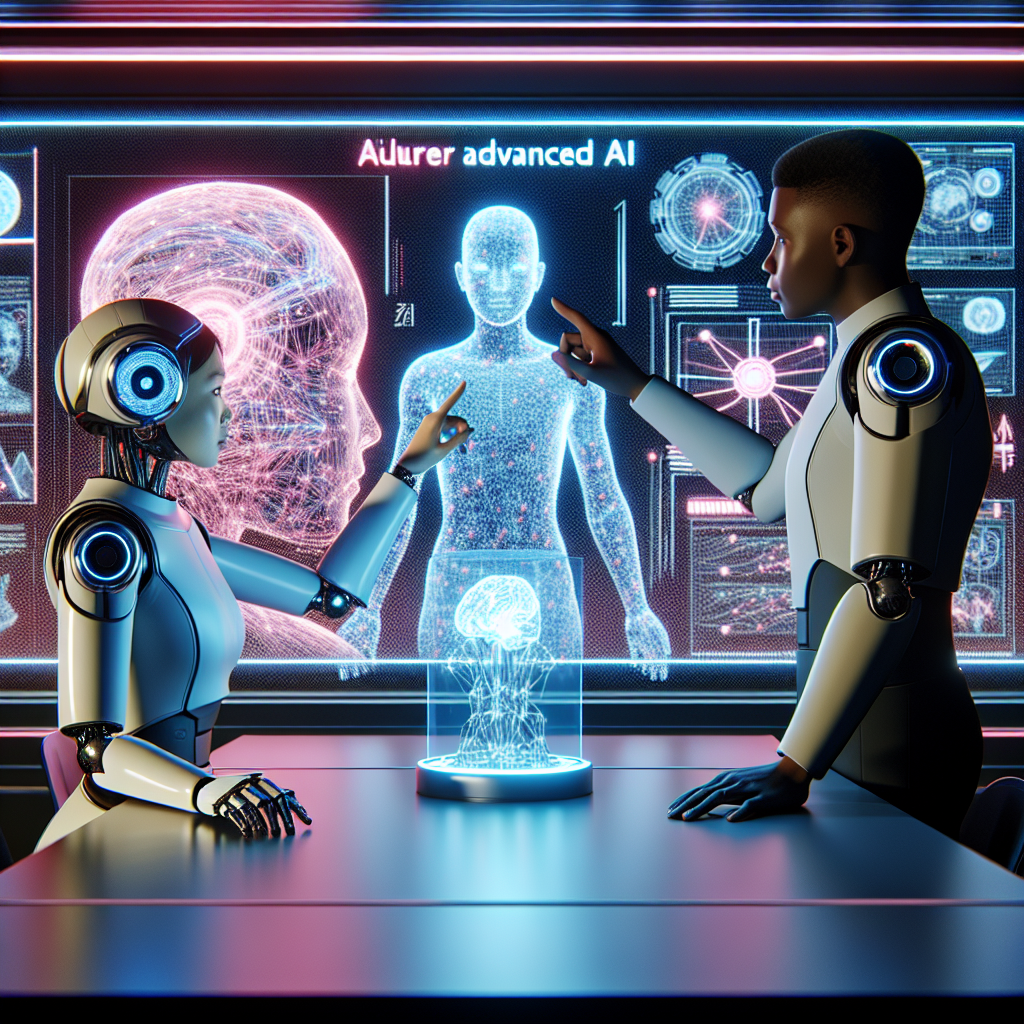The Future of AI Development in Human-Machine Interaction
Artificial Intelligence (AI) has been a hot topic in recent years, with advancements in machine learning and deep learning technologies driving its rapid development. AI is already being used in a variety of industries, from healthcare to finance to transportation, and its potential applications are seemingly endless. One area where AI is poised to make a significant impact is in human-machine interaction.
Human-machine interaction (HMI) refers to the ways in which humans and machines communicate and work together. This can include anything from voice recognition systems to autonomous vehicles to virtual assistants. As AI technology continues to improve, the possibilities for HMI are expanding rapidly.
One of the key developments in AI that is driving progress in HMI is natural language processing (NLP). NLP allows machines to understand and generate human language, enabling more natural and intuitive communication between humans and machines. This technology is already being used in virtual assistants like Siri and Alexa, but its potential goes far beyond simple voice commands.
Another important development in AI is computer vision, which allows machines to interpret and understand visual information. This technology is already being used in applications like facial recognition and autonomous vehicles, but it also has the potential to revolutionize HMI by allowing machines to understand and respond to visual cues from humans.
In addition to NLP and computer vision, AI is also making advances in areas like emotional intelligence and context awareness. These developments will enable machines to better understand and respond to human emotions, as well as adapt their behavior based on the context of a given situation. This will make interactions between humans and machines more natural and seamless.
The future of AI development in HMI is bright, with exciting possibilities on the horizon. As AI technology continues to improve, we can expect to see more personalized and intuitive interactions between humans and machines. This will open up new opportunities for businesses and consumers alike, as well as revolutionize the way we interact with technology on a daily basis.
FAQs:
Q: What are some potential applications of AI in human-machine interaction?
A: Some potential applications of AI in HMI include virtual assistants, autonomous vehicles, smart homes, and healthcare applications. AI can also be used to improve customer service, personalize user experiences, and enhance productivity in various industries.
Q: How will AI improve human-machine interaction in the future?
A: AI will improve HMI by making interactions more natural and intuitive. Machines will be able to understand and generate human language, interpret visual information, and respond to human emotions. This will make interactions between humans and machines more seamless and personalized.
Q: Will AI replace human workers in certain industries?
A: While AI has the potential to automate many tasks currently performed by humans, it is unlikely to completely replace human workers. Instead, AI will augment human capabilities and enable humans to focus on more creative and strategic tasks.
Q: What are some ethical considerations surrounding the development of AI in human-machine interaction?
A: Ethical considerations surrounding AI in HMI include issues related to privacy, bias, and job displacement. It is important for developers to consider the potential impacts of AI on society and implement safeguards to ensure that AI is used responsibly and ethically.
In conclusion, the future of AI development in human-machine interaction is full of exciting possibilities. As AI technology continues to advance, we can expect to see more personalized, intuitive, and seamless interactions between humans and machines. This will not only improve the way we interact with technology on a daily basis but also open up new opportunities for businesses and consumers alike. It is essential for developers to consider the ethical implications of AI in HMI and work towards implementing safeguards to ensure that AI is used responsibly and ethically.

